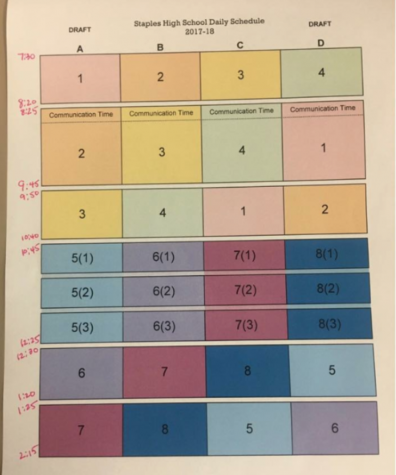Paper Editorial: United, we stand… and sit
Every day at 8:25 a.m., the majority of students sleepily rise out of their chairs to stand, shifting their bodies to face the flag, putting their right hands over their hearts. Then, at the sound of a beep from the intercom, the students recite one sentence in perfect unison, the same sentence they have been saying each and every morning for more than half of their lives.
However, the ideals outlined in the Pledge of Allegiance are not held by all. We do not have a completely united nation, nor do we all believe in the same God, or in any God, for that matter. We are divided, with respect to politics, economics, education and more, and we are far from achieving liberty and justice for all.
While some choose to stand out of respect for veterans, as a result of peer pressure or for the sake of routine, others choose to sit because of laziness, preoccupation or dissatisfaction with the current state of the country. But in the grand scheme of things, whether you stand, recite or sit quietly, it shouldn’t mean much.
Saying the Pledge is not a measurement of how patriotic you are — the Pledge is simply a universal statement that attempts to unite the American people under a singular utopian ideal. True patriotism is shown in the actions that you take, not in the words that you recite as part of a daily routine.
When you go out and show appreciation and kindness to veterans, participate in and support rallies for equality, involve yourself in local, even national politics or attempt to understand those who are different from you, you are demonstrating patriotism.
Saying the Pledge is a kind and respectful gesture, but not saying it doesn’t mean one isn’t patriotic. It’s what happens after you say it, or don’t, that shows one’s true dedication to the future of our country, to a future that comes closer to the shining ideal.















































![[Nov. 2016 Editorial] Battling bystander effect requires administrative change](https://www.inklingsnews.com/wp-content/uploads/2016/11/Screen-Shot-2016-11-22-at-1.05.28-PM.png)
